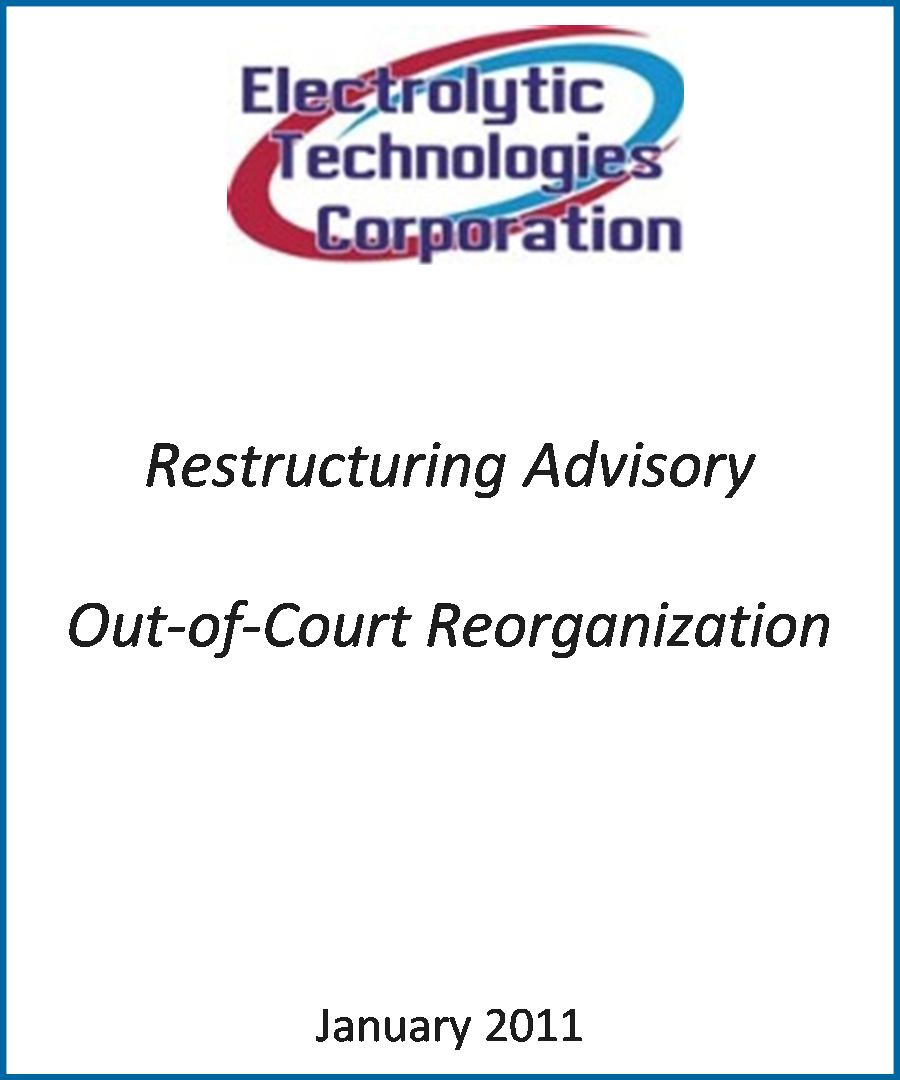A ‘Wish List’ to Spur Growth of Small Businesses
Small businesses are the lifeblood of the nation, however, they face innumerable roadblocks that stifle growth, and in turn, stifle the overall economy.
By: James Cassel
To view original article click here.
MIAMI, Florida, December 18, 2011 – Turn on cable news, and it’s not long before a political candidate or a pundit tells us how small business growth is the key to a healthier economy. Well, they’re right. That’s because more Americans work for small businesses than large companies, and small businesses create 65 percent of new jobs in the United States.
But what is a small business? The term itself means a lot of different things to different people. When we hear the term “small business,” most of us probably think of a single-location boutique, a mom-and-pop restaurant or an auto repair shop. However, check with the Small Business Administration (SBA), and you’ll find that companies in certain industries have hundreds of employees, earn tens of millions of dollars in revenue, and are still considered small businesses.
It’s this amorphous definition that causes so much confusion. Let’s keep it simple. For the purpose of this column, we can consider small businesses any company with less than a few hundred employees.
These firms are truly the lifeblood of our nation, however they face innumerable roadblocks that stifle growth, and in turn, stifle the overall economy. In order for small businesses to thrive in a more sustainable way, they require streamlined regulations at the local, state and federal levels, as well as a little TLC. More specifically, I’ve put together the beginnings of a “wish list” on behalf of America’s small businesses that would position them for real, achievable growth, because I believe this is who will solve America’s employment problem.
• Continue health insurance reform, but ensure small businesses can more easily benefit from the intended advantages.
The Patient Protection and Affordable Care Act includes a number of elements designed to encourage small businesses to offer health insurance to their employees. However, notwithstanding the availability of tax credits for these businesses, only one-third of companies with less than 50 employees even considered whether they were eligible for these new tax credits, according to a 2011 Kaiser Family Foundation survey.
But why? The new rules haven’t been adequately explained to these business owners. Or, despite the intent, the rules exclude many of the companies the Act intended to help.
In addition, health insurance pricing continues to favor larger companies where risk can be spread across more people. We need to pool risk so small businesses can obtain affordable health insurance with acceptable benefits. Raising premiums and lowering benefits won’t work. Neither businesses nor their employees can afford it. We need to find a way to control the increasing costs.
• Revise rules and regulations to level the playing field.
Government regulation — while sometimes quite necessary — is disproportionately burdensome to small businesses, especially when it comes to licensing fees, permitting fees and the like. Both small and large businesses require the same time and resources to address these regulations, but the opportunity costs to small businesses are much greater when we consider their size. Therefore, regulations need to be streamlined and the process expedited.
Moreover, the very threat of additional regulation creates uncertainty for small businesses. Will a permit be too costly to obtain? How many inspections will be required? The unknown nature of impending regulation diminishes small businesses’ willingness to invest, to hire, and to grow.
• Provide hiring incentives for small businesses.
Given the fact that small businesses are so plentiful, incentives that specifically target small business hiring would serve to kick start overall job growth. Large companies have benefited from stimulus and incentives, but they have failed to put their profits into job creation here in the U.S. Sure, they’re hiring, but the job creation is outside our borders.
Many states dangle large amounts of money and tax breaks to have businesses move from one state to another. This tactic helps one area while hurting another, and states should better use these incentives to encourage existing businesses to hire and grow.
Look at economic policy enacted to repair the job market – the vast majority is really only relevant to big businesses. Perhaps that’s why large corporations are sitting on more cash now than at any time in recent history.
Help for small businesses doesn’t have to come in the form of stimulus, although meaningful tax credits would help. Why not more strenuously encourage lending from our recently fortified banking community? In this regard, banking regulators should stop penalizing community banks for lending to small businesses. Instead, why not expand the scope of the SBA to educate and advise businesses about their capital options? Easier access to credit for small businesses would bolster confidence and provide the necessary capital for these companies to expand their workforce.
• Recognize the growing impact of international economic turmoil.
Whether you’re selling hotel rooms or hair care, circumstances on the international stage may have an effect on your business. But, we are frequently far more focused on the weather. The fact is, our world is growing increasingly flat, and the uncertainties in Europe, Asia, and Latin America have immediate and physiological impact on all businesses, regardless of size.
• What small business owners can do.
Nice wish list, but how can we make these wishes a reality? Start with these simple tips:
Use HR consulting firms. Any additional expense can seem like a waste, but HR consulting firms not only carry the burden of your human resources tasks, but reduce your liability, streamline staffing, and most importantly, capitalize on regulations designed to help small businesses. If your company doesn’t qualify for these incentives, professional employment organizations can dramatically reduce the cost of providing benefits through outsourcing models.
Budget for regulatory compliance, and be prepared for regulatory delays.For the moment, bureaucracies are not going away — so accept the reality that compliance with various local, state, and federal regulations will require time and money — and plan for it.
Take advantage of the availability of capital. Money is available for all sorts of companies. As a small business owner, you may need to tap into the resources of investment banking firms to raise significant amounts of money. This may start by establishing a solid relationship with your current bank — and if you’re not getting the results you want, look for another bank. You can also seek the assistance of the Small Business Association.
Diversify your customer base. Whether your business is local or international, the global markets will affect your bottom line. Therefore, take advantage of new markets, seek variety among your customers and explore new revenue streams.
For this country to begin fixing the unemployment problem, we need to encourage, nurture, and support small business growth. We barely know the rules as they stand today, and the disagreements over future legislation and tax policy only amplifies this uncertainty. Lack of clarity and lack of compromise lead to lack of confidence — it’s time Washington got its act together and worked together to provide real solutions.
I’m looking at this issue from an investment banking perspective. What changes do you recommend to stimulate small business?
James Cassel is co-founder and chairman of Cassel Salpeter & Co. The investment banker’s specialties include mergers, acquisitions and divestitures; corporate finance; and public offerings.
Read more here: http://www.miamiherald.com/2011/12/18/v-fullstory/2548374/a-wish-list-to-spur-growth-of.html#storylink=cpy



